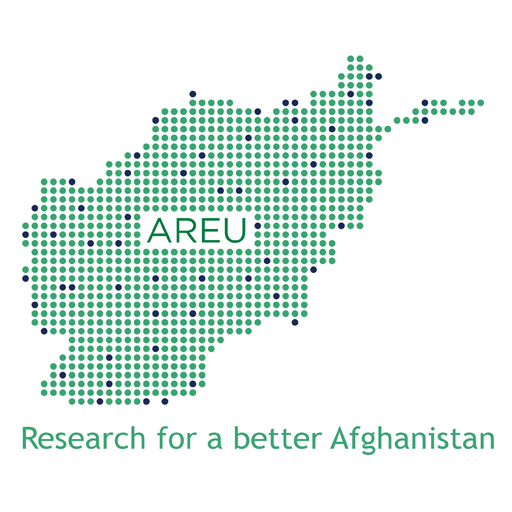
14 Apr A State Built on Sand: How Opium Undermined Afghanistan
Posted at 04:09h
in Uncategorized
Back Highlights
| Authors | David Mansfield |
|---|---|
| Type | Issues Paper |
| Theme | Natural Resource Management |
| Language | English |
| Date of Publication | April 14, 2016 |
| Total Pages | 18 |
| Available In | English |
| Description |
A State Built on Sand: How Opium Undermined Afghanistan by renowned author, David Mansfield, examines why drug control has been imposed in Afghanistan and portrays an intimate understanding of rural Afghanistan, where he has worked for close to two decades.
This book is the culmination of extensive experience with the policy community and long term fieldwork in rural Afghanistan, including 11 years of research supported by Afghanistan Research and Evaluation Unit (AREU) and the European Union (EU). The book, published by Hurst and Oxford University Press, documents the actors involved and scrutinises how prohibition served divergent and competing interests. It also explains how these bans affected farming communities and how prohibition endured in some areas while in others opium production bans undermined livelihoods and destabilised the political order, fuelling violence and rural rebellion.
The book is available in English for purchase from these websites:
http://www.hurstpublishers.com/book/a-state-built-on-sand/
https://global.oup.com/academic/product/a-state-built-on-sand-9780190608316?q=state%20built%20on%20sand&lang=en&cc=us
Dari and Pashto versions of the book are forthcoming and will be available for download from the AREU website soon.
A sample of the book, Chapter 6, can be downloaded in English here, and a brief abstract of the chapter is below.
Ch. 6 - Repositioning a Pariah Regime: The Taliban Ban of 2000/01
Chapter 6 documents the complete cessation of opium production imposed by the Taliban in the 2000/01 growing season. It shows that despite the perception of the Taliban as having absolute power and being in a position to subjugate the population across its territory, the opium ban was imposed through a process of negotiation, coercion and the promise of development assistance. This chapter shows how eradication was used judiciously, as an act of targeted or selective violence in specific areas early on in the season, as a way of mitigating the need for a more comprehensive campaign later on that might have risked widespread unrest. Of particular importance here is the wider political environment in which the ban was imposed and the way that elements within the Taliban attempted to use the prohibition of opium as a way of repositioning the regime on the international stage and establishing itself as a credible interlocutor with western donors and diplomats. It is argued that this display of state power to the outside world did not resonate with a domestic audience on the periphery, particularly in the absence of ameliorative welfare measures, allegedly promised by international actors in return for the opium ban. |

